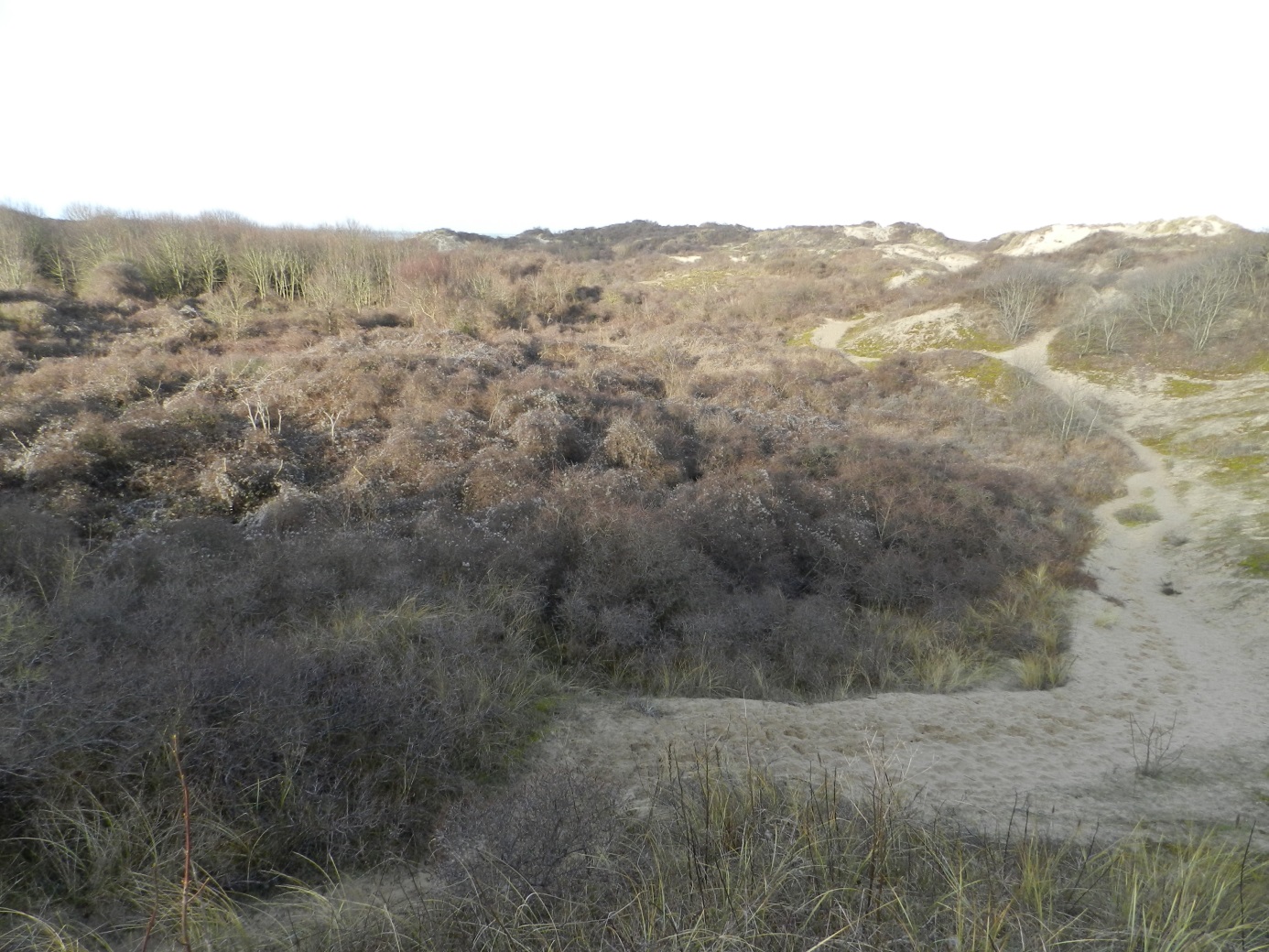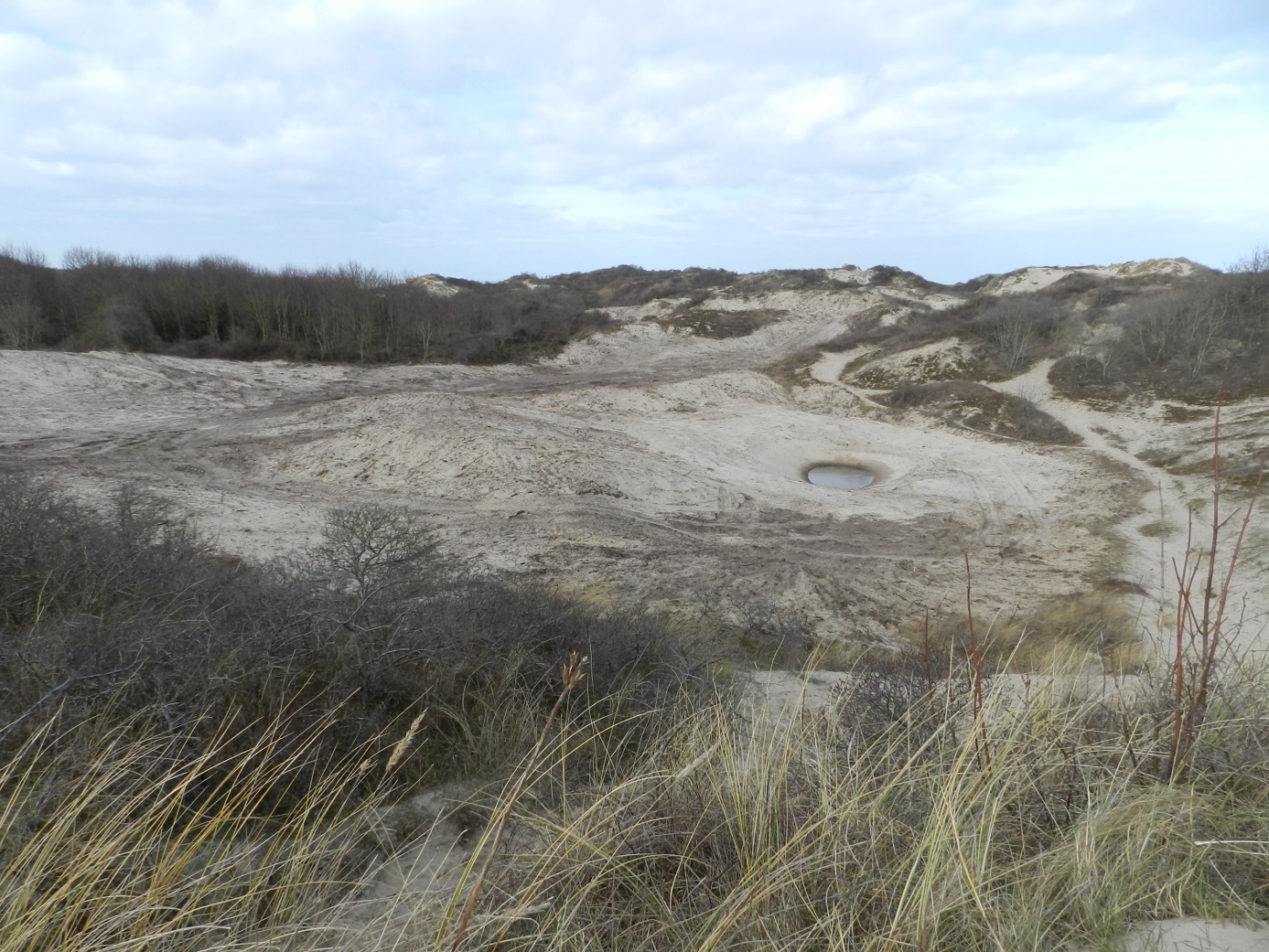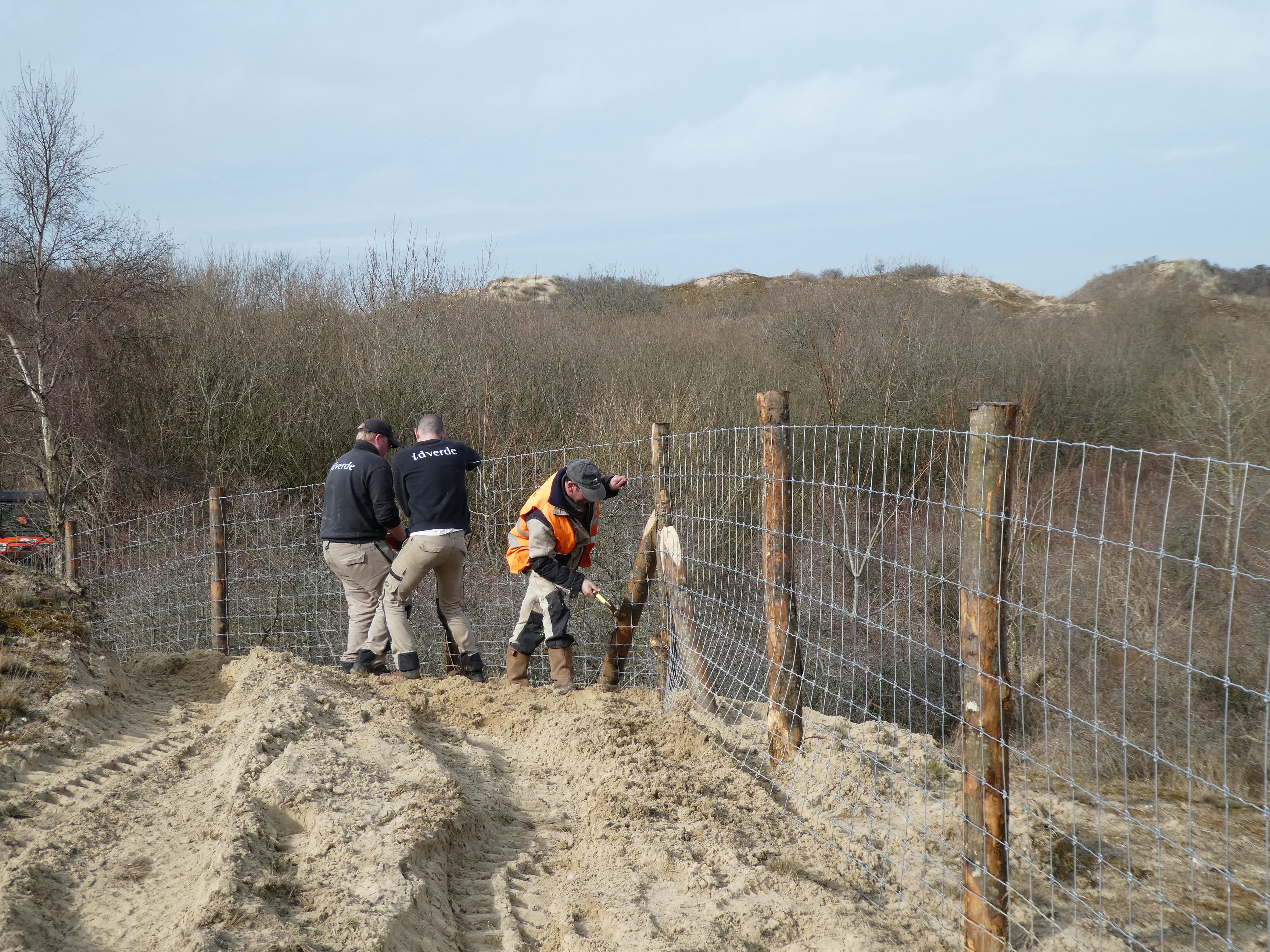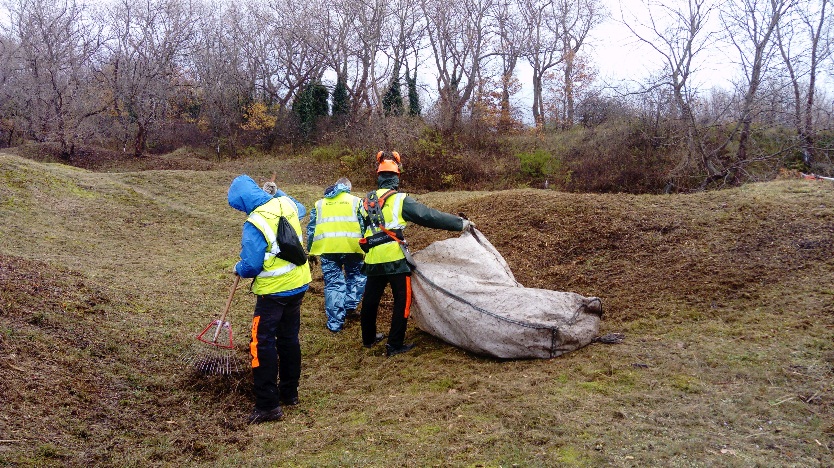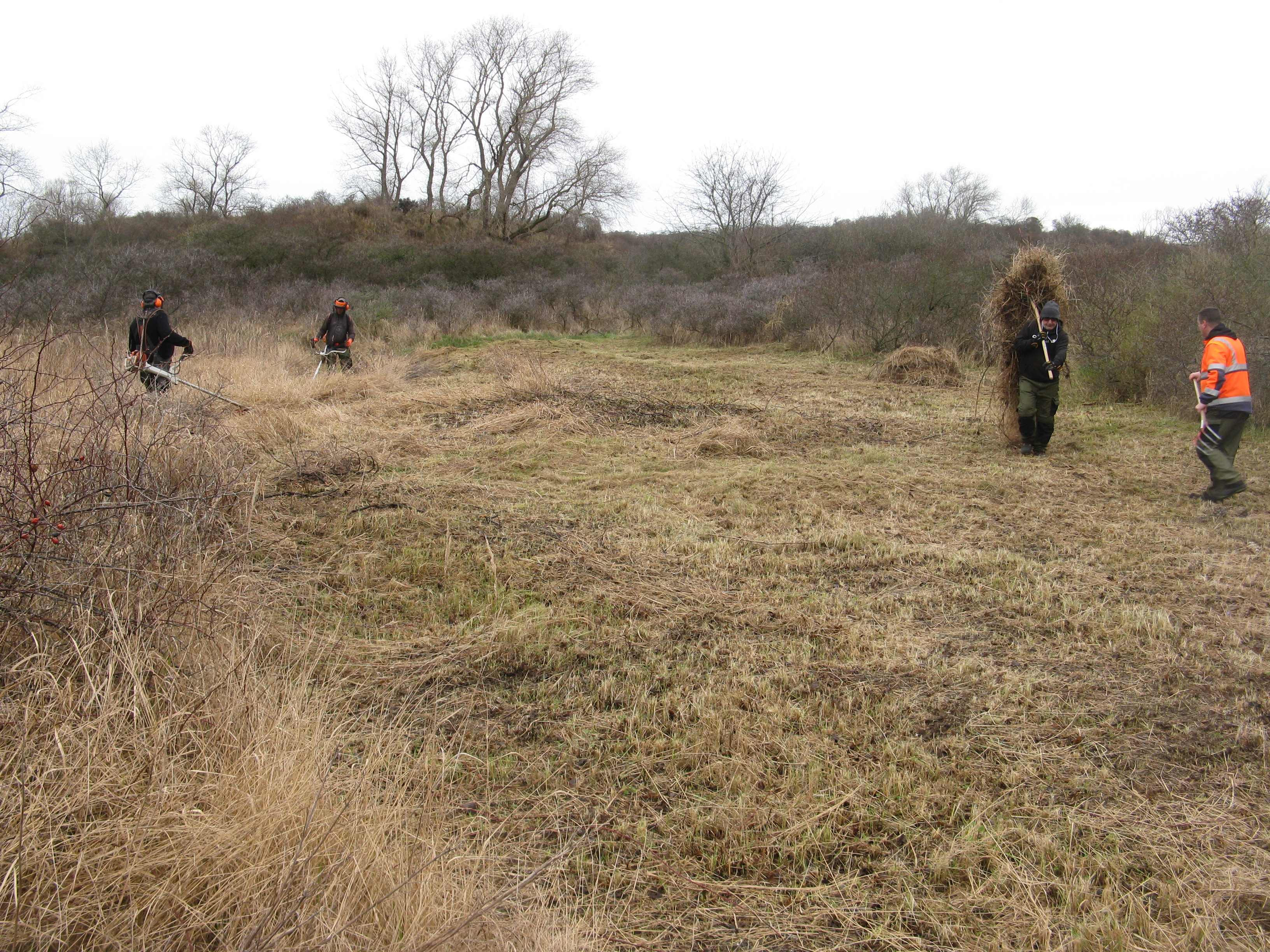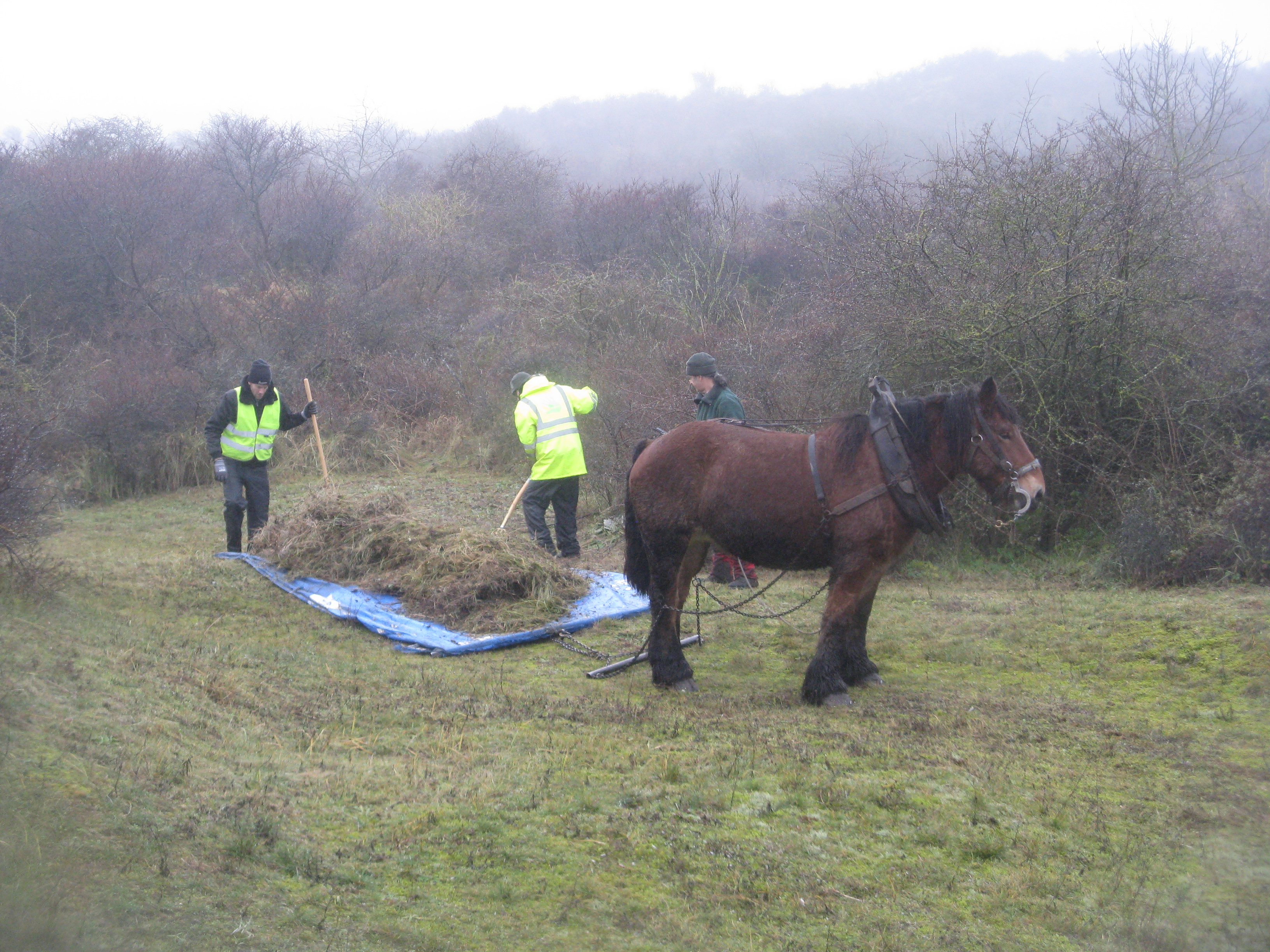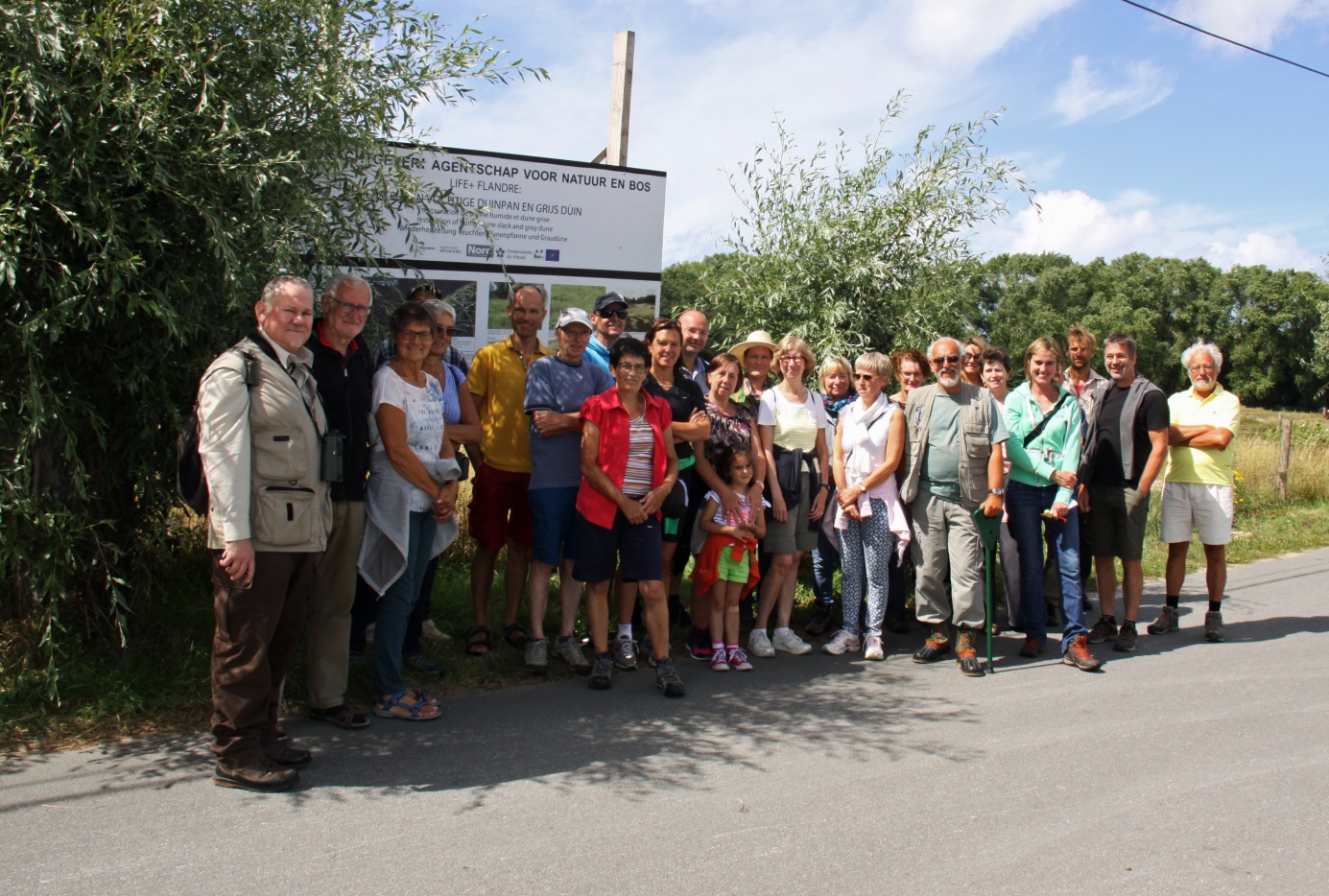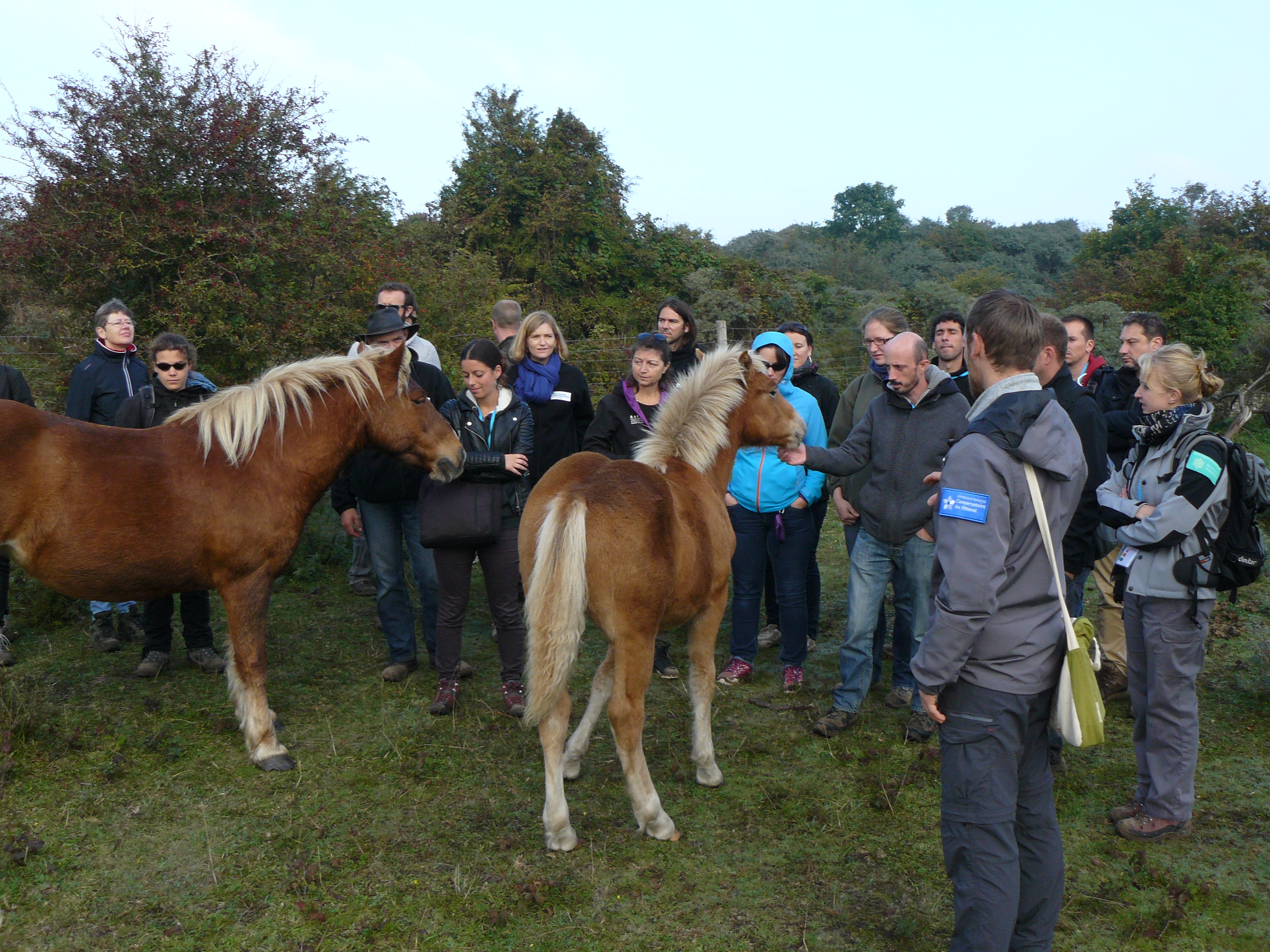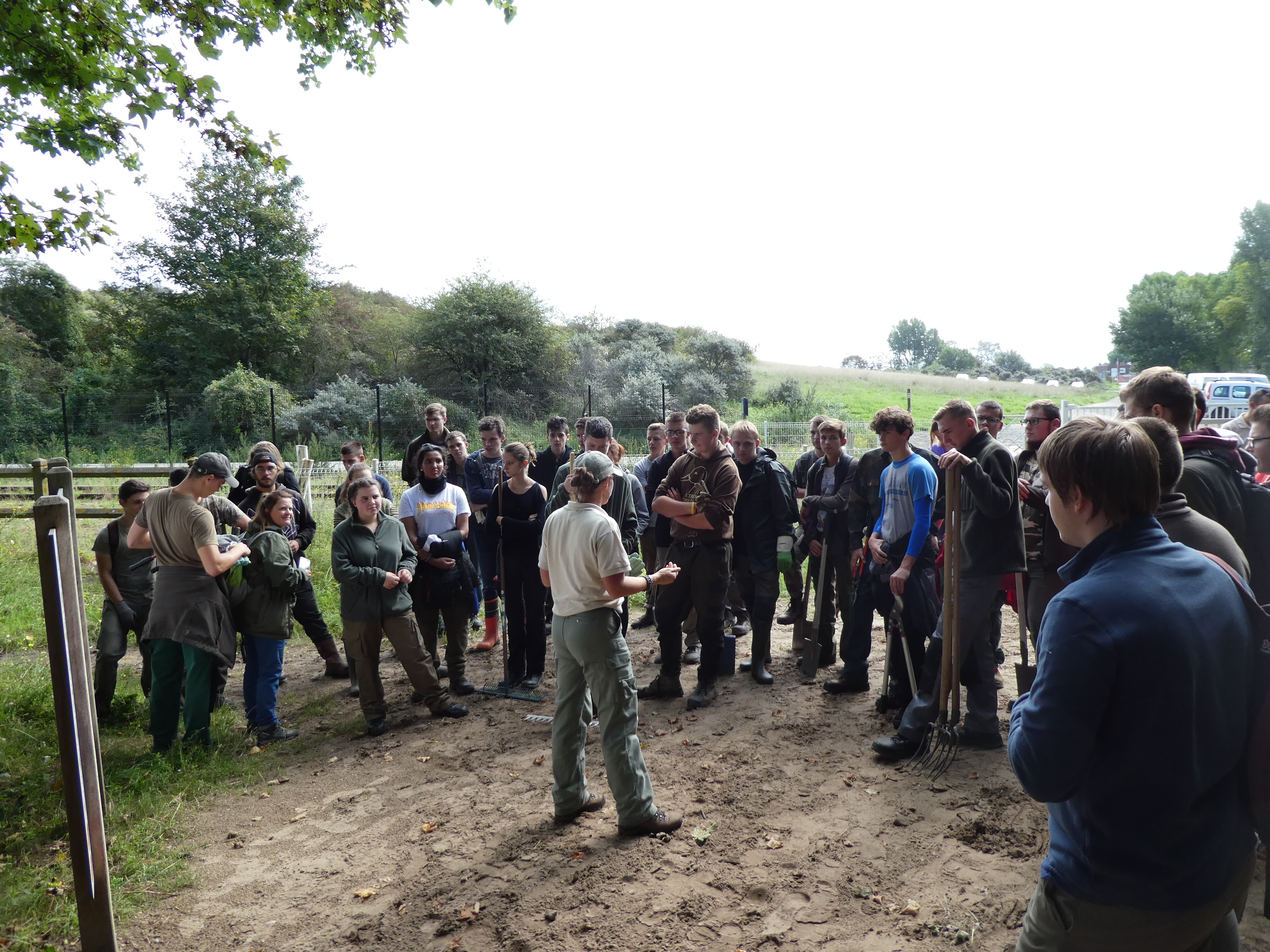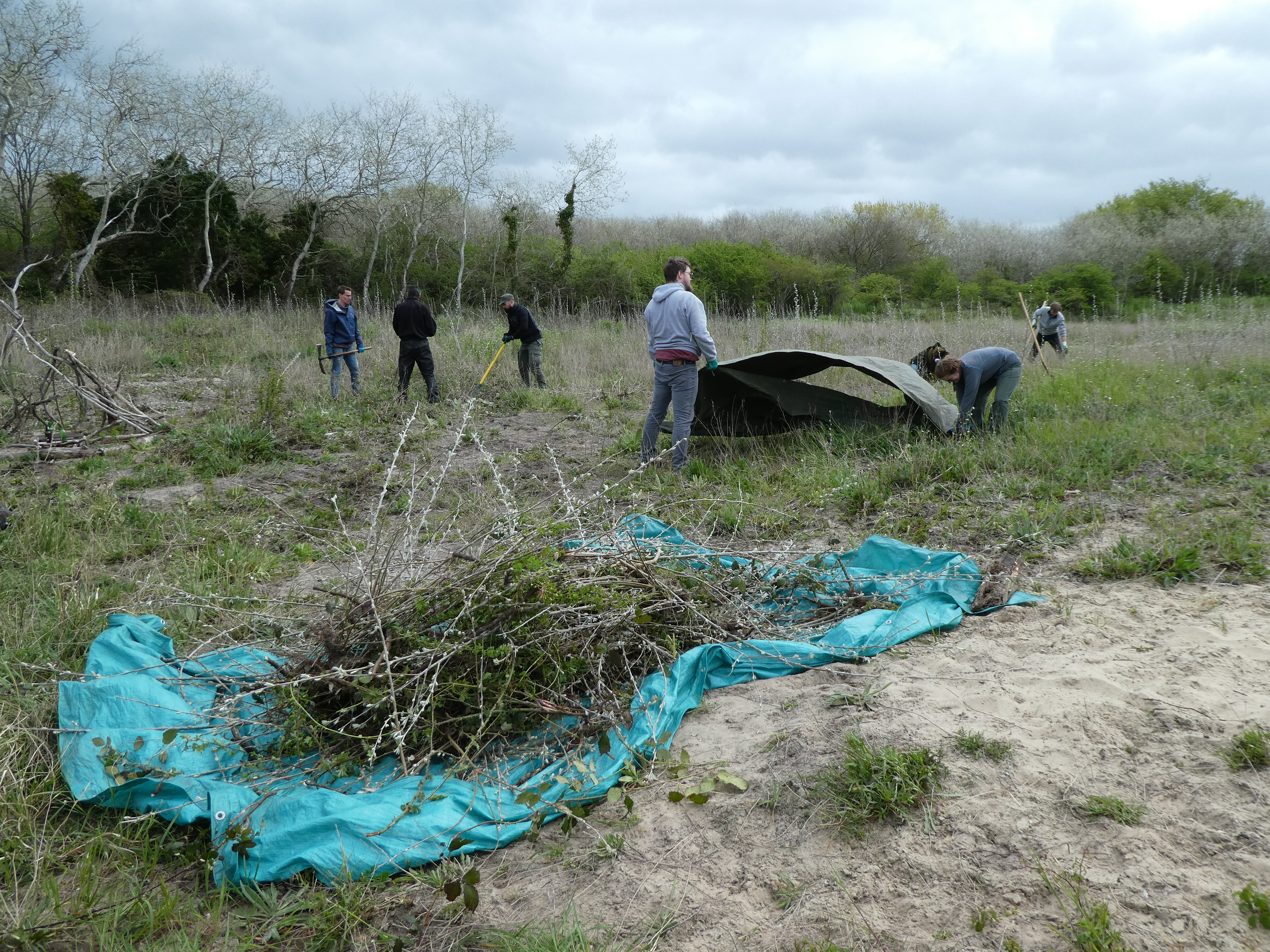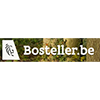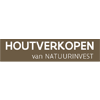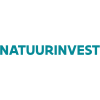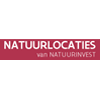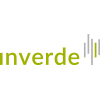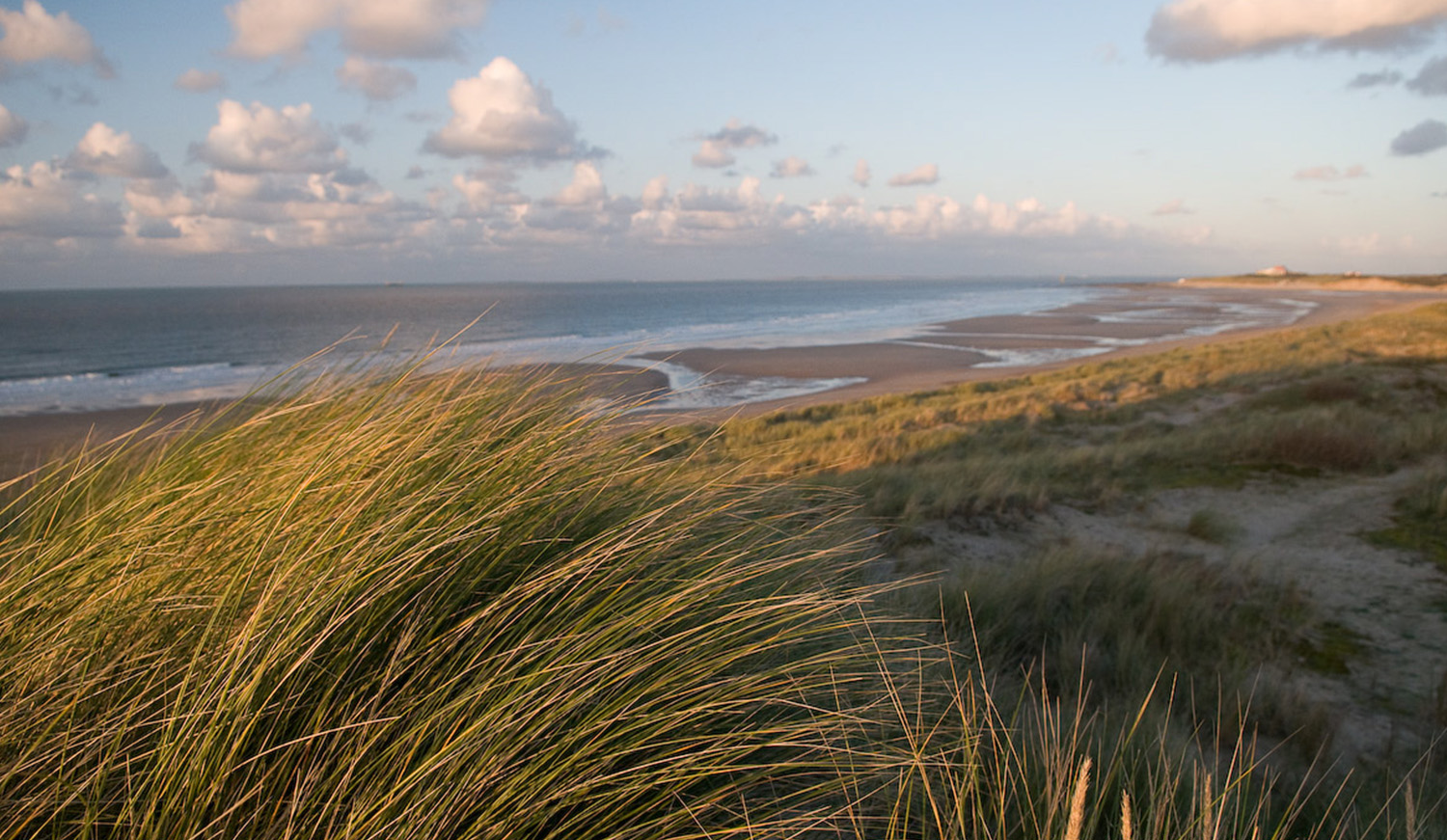
Life+ natuur project FLANDRE - English
Flemish And North French Dunes Restoration was a joint nature restoration project of the Agency for nature and forests of the Flemish Government, the Conservatoire de l’Espace Littoral et des Rivages lacustres and the Département du Nord for the coastal dunes between Dunkerque (France) and Westende (Belgium), that is co-financed by the European Union.
General
Memorandum of Understanding : climax of the LIFE project FLANDRE and start of a lasting cooperation
On Friday 14 February 2020, on the Franco-Belgian border between Adinkerke and Ghyvelde, the memorandum of understanding for the protection and management of the cross-border dune belts between Dunkirk (France) and Westende (Belgium) was signed by the representatives of the Agency for Nature and Forest of the Flemish Government, the French State, the Conservatoire du Littoral and the Département du Nord, in the presence of more than 50 spectators. The LIFE+Nature project FLANDRE endeds on 1 March 2020, but the signing of the memorandum ensures the continuation and consolidation of the cooperation between the 4 partners mentioned above with the ultimate aim of improving nature and the experience of nature in a single cross-border European protected nature park.
In the future, the partnership could be extended to include even more interested public authorities.
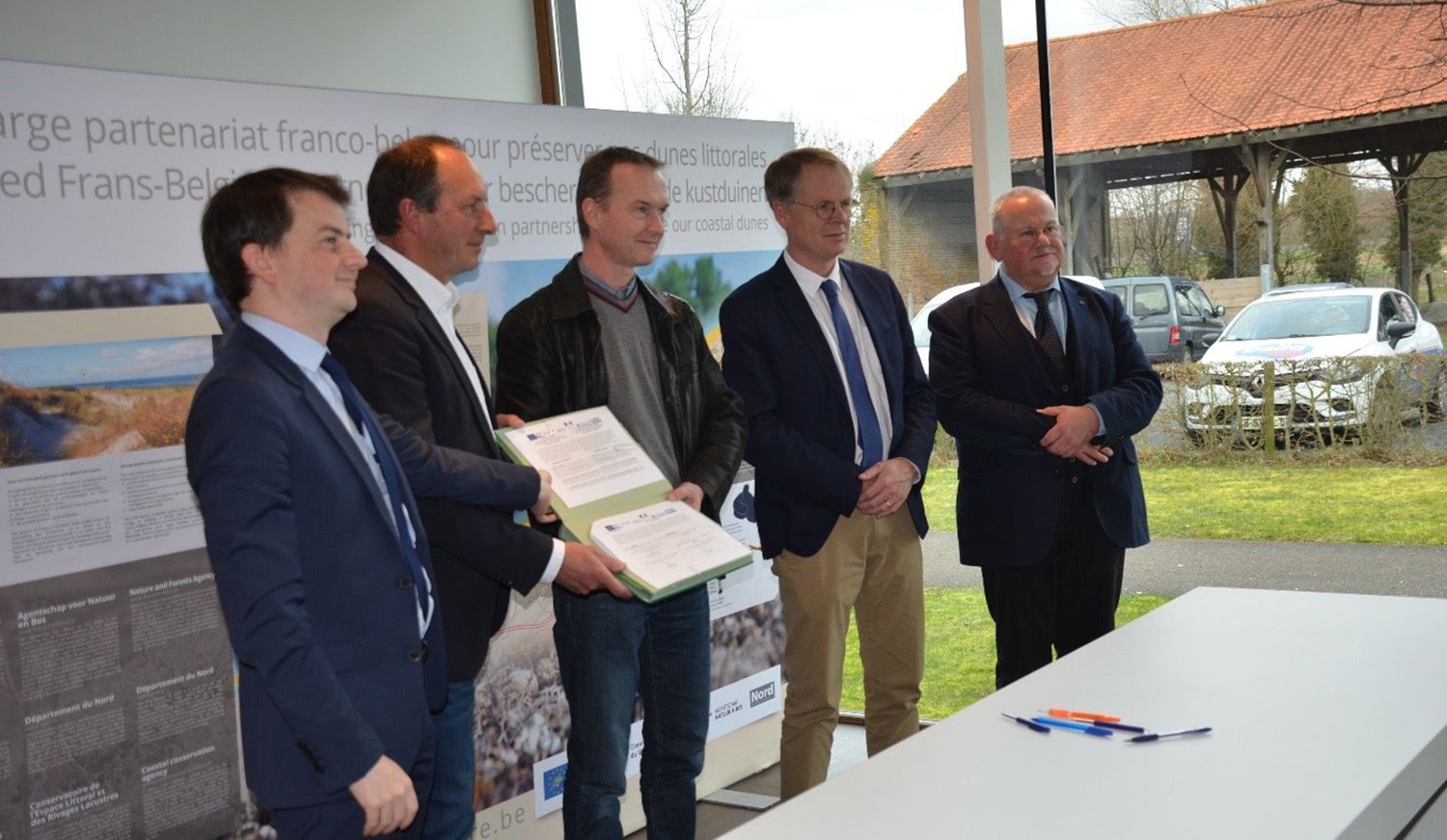
The signatories, from left to right: Mathias Bigorgne (Deputy Director, Conservatoire du Littoral), Patrick Valois (Vice-President Conseil départemental du Nord), Stefan Borry (Head of the Site Management Division of the Agency for Nature and Forests, Flemish Region) and Matthieu Dewas (Deputy Regional Director, DREAL, for the French State), flanked by project coordinator Jean-Louis Herrier (ANB).
Layman's report
Take a look at the Layman’s Report of the LIFE Nature project FLANDRE (2013-2020)
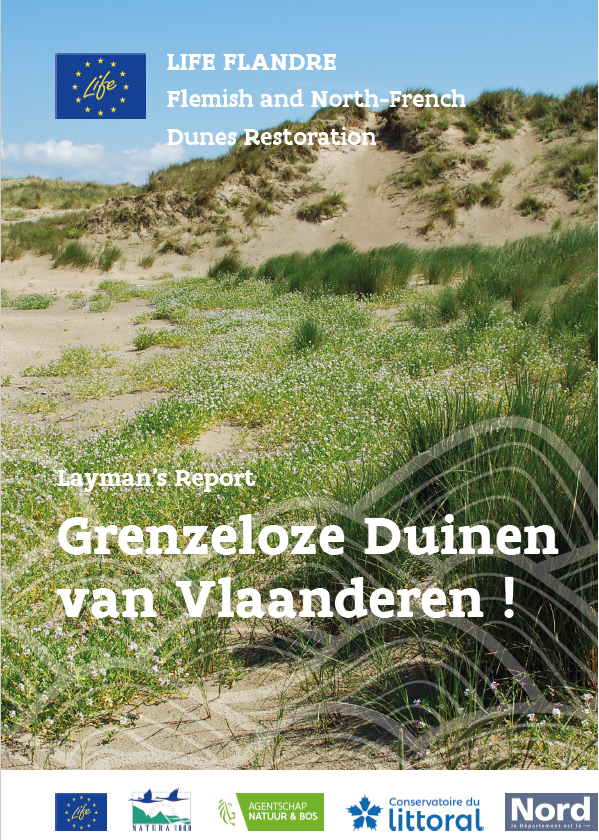
After LIFE Conservation Plan
Download het After LIFE Conservation Plan in English of the LIFE Natuurproject FLANDRE (2013-2020)
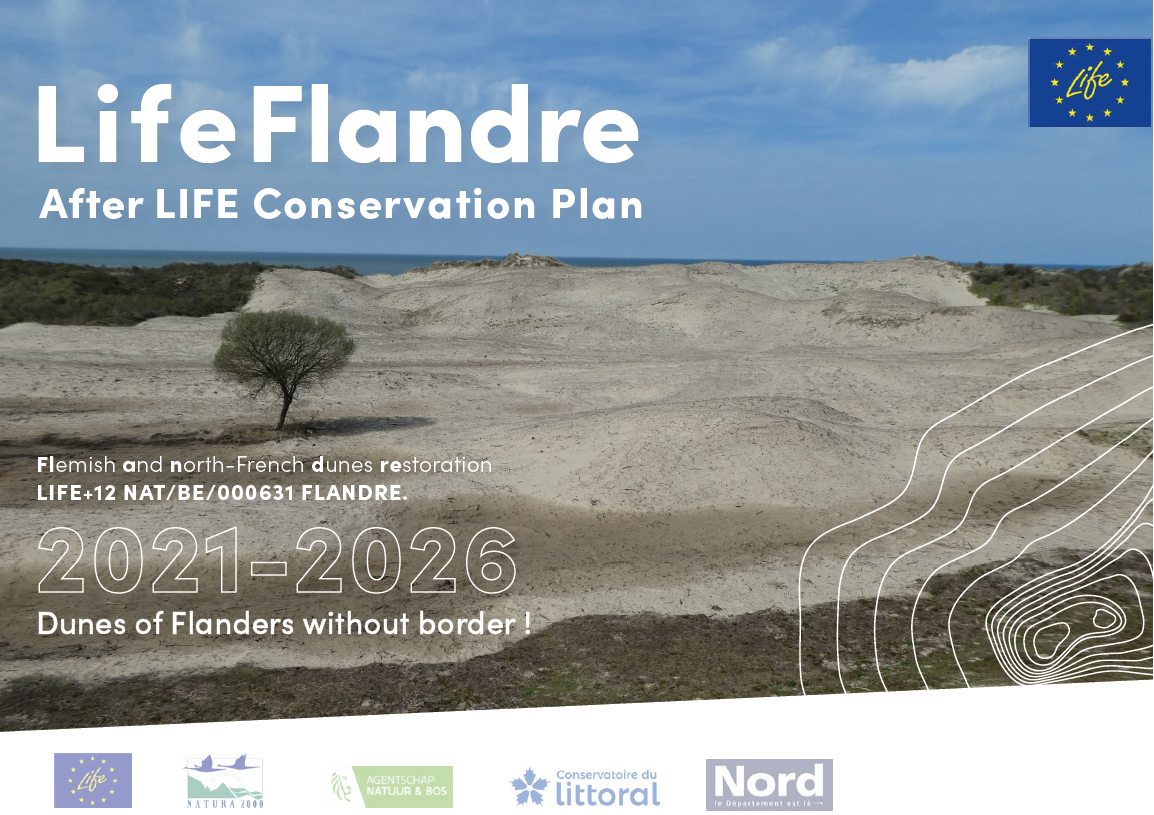
Successful European Natura 2000 & Life day 2019 in Adinkerke-Ghyvelde!
Some 45 enthusiastic Belgian and French participants took part in the cross-border visit to the "fossil dunes" of Adinkerke and Ghyvelde that was organised by the LIFE+ FLANDRE partnership on 21 May 2019 as contribution to the European Natura 2000 & Life Day.
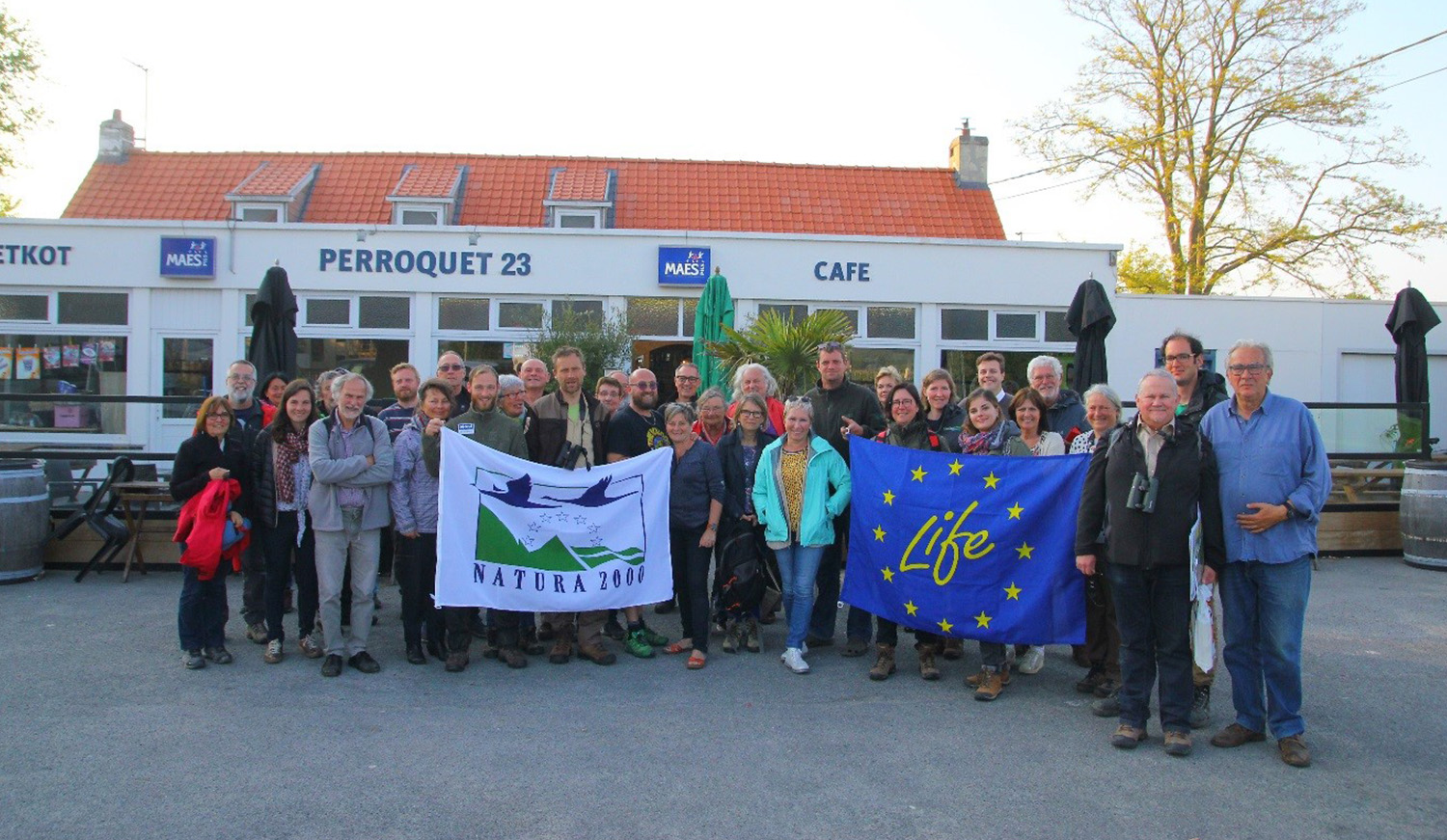
International workshop “coastal dunes and sandy beaches – Dunkirk 2018”
On 12, 13 and 14 June 2018, 143 dune experts from 13 European countries gathered at the premises of the Université du Littoral - Côte d'Opale (ULCO, Dunkirk, France) to examine the measures needed to protect and restore biodiversity and the natural processes of coastal dunes and sandy beaches. This workshop was organised by the three partners of the LIFE+ Nature “FLANDRE” project in collaboration with the ULCO - Laboratoire d’Océanologie et de Géosciences.
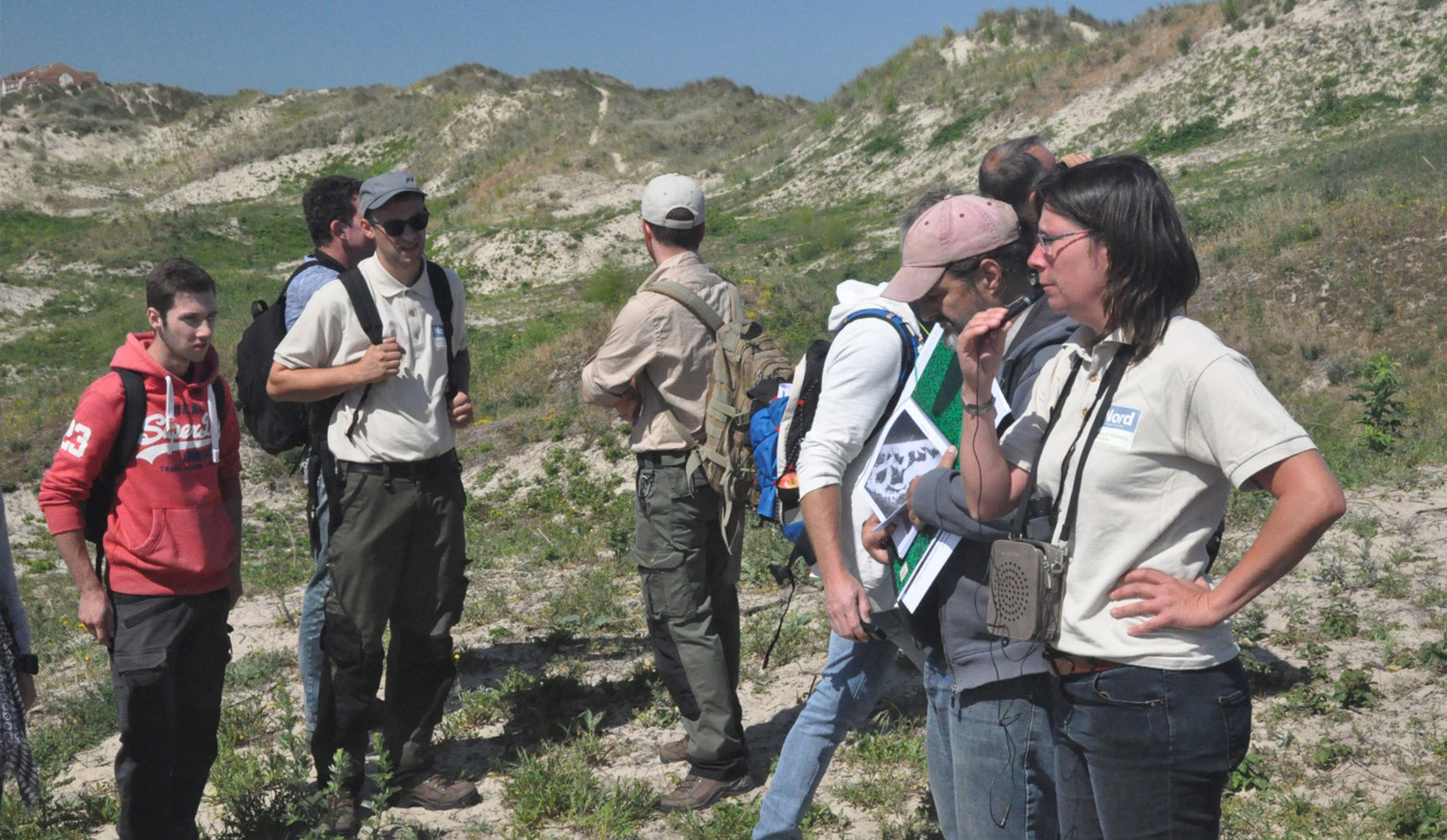
The Advisory Committee
In November 2013 46 (27 French and 19 Belgian) representatives of concerned public authorities, scientific institutes, and non-governmental conservation organisations were invited to join the advisory committee of the LIFE+12 Nature project ‘FLANDRE’. 44 (27 French and 17 Belgian) persons accepted to join the committee. That advisory committee met on 7 May 2014, 11 December 2015, 9 November 2016, 13 December 2017, 12 December 2018 and 29 January 2020 alternately at a Belgian or a French location (Koksijde, De Panne, Zuydcoote and Bray-Dunes) to discuss the project's progress.
With support of the financial instrument LIFE+ of the European Community
LIFE is the EU’s financial instrument supporting environmental, conservation and climate action projects throughout the EU. The general objective of LIFE is to contribute to the implementation, updating and development of the EU environmental and climate policy and legislation by co-financing projects with European added value.

The project area: Dunes de Flandres and Westkust
The coastal dunes between the French Dunkerque and the Belgian Westende is one of the most famous dune areas of continental Europe. The coastal landscape is characterized by wide sandy beaches, carved sea ridge dunes, mega-parabolic dunes embracing large humid dune slacks, and low, gently undulating ' fossil ' dunes that arose between 3,000 BC and 800 AD. The dune soils have a high lime content, except those of the ' fossil dunes ', that are deeply decalcified.
During the 20th Century, the dunes on both sides of the border got strongly spatially fragmented and degraded by urbanization, water extraction, recreation, fixation of sand drift, invasion by exotic species, intensification of agriculture in the transition zones between dunes and polders and the extinction of traditional agro pastoral use of the remaining dune areas that resulted in overgrowth of the dune landscape by scrub. The largest part of the remaining dune areas in both Member States of the European Union is included in the Natura 2000 network.
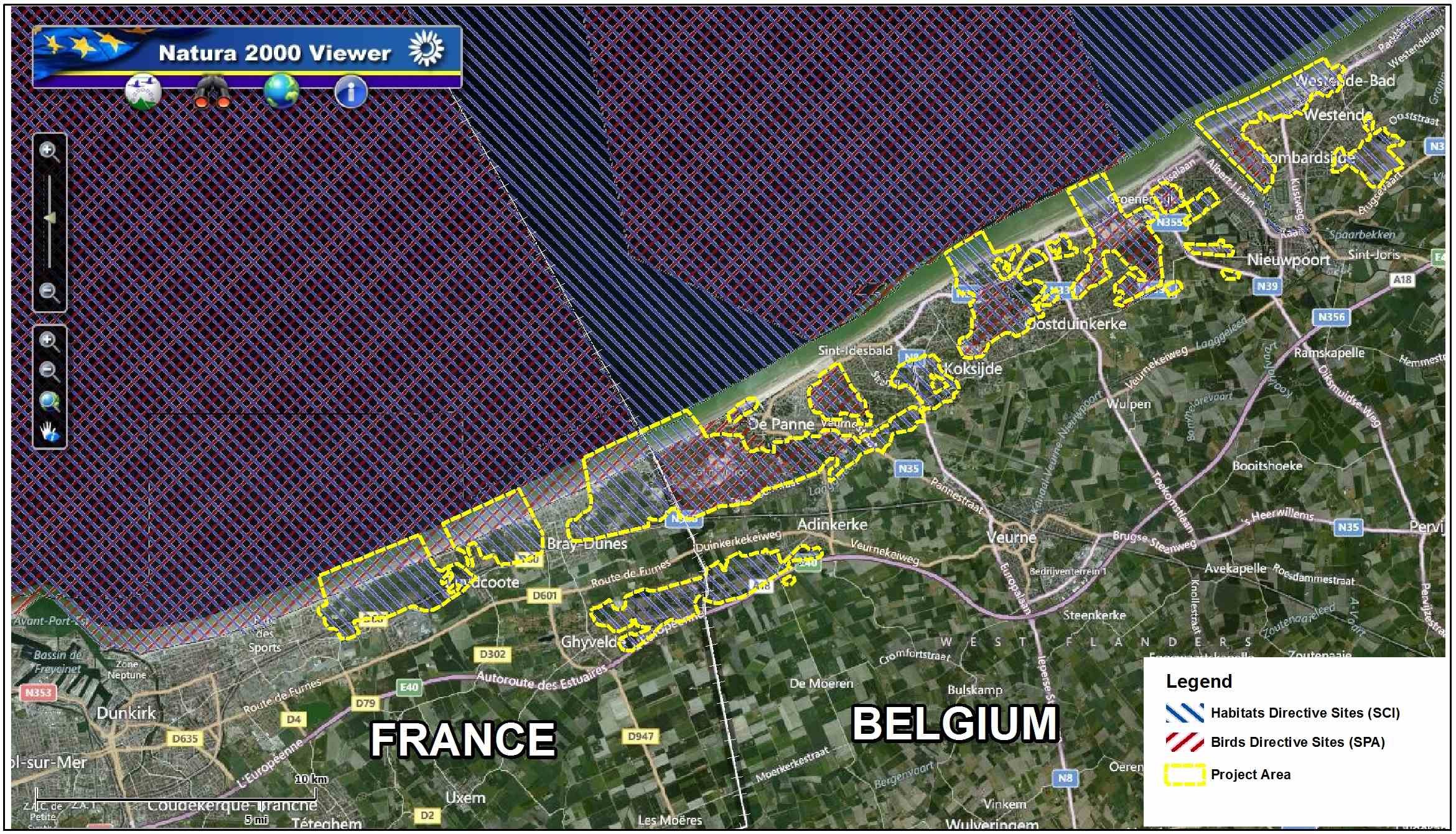
Objectives of the project
The aim of the project was the qualitative consolidation of the Natura 2000 network in both countries by restoring the habitat types that are characteristic of the sedimentary coasts of the Atlantic biogeographical region and the populations of species which are of Community interest through the acquisition of the coastal dunes, nature restoration work, management planning, and increasing the public awareness by a close co-operation between the Belgian and French authorities for the acquisition and management of protected areas.
European nature park
With the creation of a LIFE+ FLANDRE Advisory Committee that should be continued after the termination of the project in the form of a transnational management commission, the elaboration of a Master plan and a legal framework for transnational cooperation for the management of the cross-border dune zone, the project set a first step towards the creation of a cross-border ' European ' nature park.
The project partners, project budget and duration
Coordinating partner
Agency for nature and forests
www.natuurenbos.be
The Agency for Nature and Forests (ANB) is a Flemish Government agency which works on a daily basis to conserve, protect and develop nature sites, forests and parks.
Associated partners
Conservatoire de l’Espace Littoral et des Rivages Lacustres
www.Conservatoire-du-littoral.fr
A French public institution, created in 1975 for the preservation of coastal areas. Within a field of intervention authorised by its board of directors upon advice from local elected representatives, it acquires land whose management is then entrusted, for example, to the Département du Nord. Its criteria for intervention are biodiversity and landscape preservation, public access and the upkeep of traditional land uses. The final objective is to preserve a third of the French coastlines to its natural state by 2050,
Département du Nord
www.lenord.fr
The Département du Nord is a local authority that intervenes in various fields: social sector, secondary schools, highways, environment, etc. The teams of the Environment Directorate ensure the day-to-day ecological management of the natural environments, make inventories of the fauna and flora and raise public awareness about the environment.
Budget
- Total budget: 4.066.454 Euro
- European Union: 2.033.226 Euro
- Agency for nature and forests: 971.244 Euro
- Département du Nord: 696.334 Euro
- Conservatoire du Littoral: 365.650 Euro
Duration
5 years, from 2 september 2013 to 1 september 2018, extended to the 31st December 2020.
The cross-border Natura 2000 – network and the target habitats and species
The project area 'Dunes of Flanders', the coastal dune belts between Dunkerque and Westende with a total area of approximately 3.285 hectares, is for the largest part included in the European Natura 2000 network:
- On the Belgian side (Flanders): 2,200 hectares within the delimitations of the special protection area in the framework of the European ‘Bird’ Directive 'West Coast' (code BE2500121) and the Site of Community Importance in the framework of the European ‘Habitat’ Directive 'Dune areas including the Yzer Estuary and Zwin' (code BE2500001)
- On the French side: 1.085 hectares in and around the Sites of Community Importance in the framework of the European ‘Habitat’ Directive ' Dunes of the Flemish Maritime Plain' (code FR3100474) and 'Decalcified Flandrian Dunes of Ghyvelde' (code FR3100475).
The target habitat types and species of the project are:
- 2110 Embryonic walking dunes
- 2120 walking Dunes on the shoreline with Ammophila arenaria (white dunes)
- 2130 * Fixed dunes with herbaceous vegetation (grey dunes)
- Eu-2150 * Atlantic decalcified fixed dunes (Calluno-Ulicetea)
- 2160 dunes with Hippophaë rhamnoides
- 2170 dunes with Salix repens SSP. Argentea (Salicion arenariae)
- 2180 Wooded dunes of the Atlantic, Continental and Boreal coastal area
- 2190 Humid dune slacks
- 1014 Narrow mouthed whorl snail (Vertigo angustior)
- 1166 Great crested Newt (Triturus cristatus)
- 1614 Creeping Marshwort (Apium repens)
- 1903 Fen Orchid (Liparis loeselii)
- 1202 Natterjack Toad (Bufo calamita)
Progress of the implementation of the project program
A. Preparatory measures and management plans
A.1&2. Masterplan and legal basis for cross-border cooperation and protection as a transnational natural park of the dunes between Dunkerque (France) and Westende (Belgium).
The final reports were delivered on 14 February 2020 and were crowned on the same day by the signing of the Memorandum of Understanding which perpetuated the cooperation between the Agency for Nature and Forest of the Flemish Government, the DREAL of the French State, the Conservatoire du Littoral and the Département du Nord with the final objective of recognition as a cross-border nature park of the dunes between Dunkerque and Westende.
- Download the Masterplan and its map appendices
- Download the report "Legal basis for cross-border cooperation and protection as a transnational nature park of the dunes between Dunkerque (France) and Westende (Belgium)"
A.3. Management plans for several recently acquired dune sites along the Flemish West Coast (Belgium).
The study command ran from the 12th October 2015 until the autumn 2017. The study covers a total superficies of dune sites of 295 ha that recently have been acquired or taken into management by the Agency for Nature and Forests and that lay scattered over the territories of the municipalities of Koksijde (221 ha), Nieuwpoort (29 ha) and Middelkerke (Westende, 45 ha). The exploratory note and interim report were discussed on the 14 April 2016 and 27 January 2017 by an ad hoc working group consisting of representatives of the 3 concerned municipalities, the drinking water company IWVA, the province West-Vlaanderen, the concerned regional agencies and NGO’s as well as several scientific experts. The reworking of the interim report on the basis of the discussions in the ad hoc working group resulted in the draft of management plan. The draft of management plan proposed measures to strongly improve the quality of nature in several dune sites that are managed by the Agency for Nature and Forests (ANB) and to ensure a sustainable accessibility for hikers, mountainbikers and equestrians. During the information sessions, the public received the opportunity to ask questions to the designers of the management plan and the site managers of ANB. The draft management plan and accessibility regulation were subjected to public consultation from 28 April to 29 May 2017. The revised version of management plan and accessibility regulation based on the opinions, comments and objections received as part of that public consultation was discussed at a third and final meeting of the ad hoc working group on 14 September 2017.
The management plan and the accessibility rules were approved on the 23rd April 2019 by decree of the Flemish minister of the Environment, Nature and Agriculture Koen Van den Heuvel.
B. Acquisition of land
B.1. Acquisition of 30 ha dunes in the European Habitat area 'Dune area including the Yser Estuary and Zwin ' (Belgium)
The Agency for Nature and Forests acquired on the West Coast between 1 January 2014 and 22 December 2020, through 70 purchase deeds, a total of 69 ha 22 a 90 ca of dune land, consisting of 141 cadastral plots belonging to private owners, including numerous undivided properties.
B.2. Acquisition of 58.3 ha of dunes in and around the European ‘Habitat’ Directive sites 'Dunes of the Flemish Maritime Plain' and 'Decalcified Flandrian Dunes of Ghyvelde' (France)
Between the start date of the project and 21 December 2020, the Conservatoire du Littoral acquired a total of 34 hectares 55 are 88 centiares of dunes, consisting of 43 cadastral parcels, scattered across the territory of the municipalities of Leffrinckoucke, Bray-dunes, Zuydcoote and Ghyvelde, through 10 purchase deeds and eight judgments.
Thus, with the actions "Acquisition of dunes" B1 in Belgium and B2 in France, a total of some 103 hectares 78 are 78 centiare of dunes were acquired by ANB and Conservatoire du Littoral, far exceeding the original joint target of 88.3 hectares.
C. Concrete nature restoration and management measures
C.1. Restoration of a humid dune slack and excavation of pools in the Oostvoorduinen at Koksijde (Belgium)
In this more than a thousand years old dune site, low dunes and dune slacks have been levelled into arable fields during the 19th Century. These fields were then fertilized for several decades. In order to obtain an environment that is suitable for the restauration of the nutrient avoiding natural habitats ‘humid dune slacks’ and ‘grey dunes’ (dry dune grasslands) and of the biotope of the Natterjack Toad, the too nutrient-rich superior layers of soil had to be removed over a surface area of approximately 2 ha. The earthworks started on the 1st September 2015 and were finalized in the middle of November 2015. Then the poplar trees, that by shedding leaves and throwing shadows would make the restauration of the natural habitats less optimal, were removed. Finally, fences were placed to allow the restored area to be managed by grazing by cattle. The state of flora and vegetation 4 years after the implementation of the development works was studied and described in the report provided by the INBO within the framework of the monitoring action D1&2.
C.2. Clearing of scrub to restore habitats that are associated with open dune landscape in the ‘Dune du Perroquet', 'Dune Marchand' and 'Dune Dewulf’ (France)
From September 2013 to 28 February 2020, the Département du Nord cleared a total of 61.06 hectares of thicket, including 26.32 hectares in the Dune du Perroquet, 9.37 hectares in the Dune Marchand and 25.38 hectares in the Dune Dewulf. The situation in 2019 of the areas cleared from thickets and the future maintenance management for the creation of the target habitats "2130* Grey dunes" (moss dunes and dune grassland) and "2190 Moist dune valleys" (dune tiles) were evaluated in the framework of the monitoring action D.5.
C.3. Establishment of grazing units in ' Dune du Perroquet' and 'Dune Dewulf' (France)
The program of the project planned the establishment of new grazing units with a superficies of 29,9 ha for the management of the areas cleared in the frame of action C.2. At the beginning of the year 2018, in the “Dune Dewulf” 3 new fences with a total surface area of 23 ha and 2 fences in the “Dune du Perroquet” with a total superficies of 6,6 ha were placed. Later during the spring of 2018 sheep, goats and ponies were introduced in those grazing areas.
C.4. Restoration and management of tall herb fringes in the ‘Dune du Perroquet’, the ‘Dune Marchand’ and the ‘Dune Dewulf’ (France)
The Département du Nord has executed during the winters from 2016 until 2020 the necessary works in the “Dune Dewulf”, “Dune Marchand” and “Dune Dewulf” to 2,51 hectare of tall herb fringes as habitat of the Narrow mouthed whorl snail (Vertigo angustior).
C.5. Digging of 10 ponds in the ' Dune du Perroquet' and the 'Dune Dewulf’ (France)
In total 11 new ponds were dug between 2016 and 2018 in those 2 dune sites. In 2019, the presence of Crested Newt and of Natterjack Toad was detected in respectively 3 and 8 of the 11 pools dug under LIFE+ FLANDRE.
C.6. Creation of a walking path and placing of fences to control the recreational access of a part of the ' Dune Dewulf' that has been acquired by the Conservatoire du Littoral during the project (France) and thus reduce the recreational pressure on vulnerable dune habitats. The dune land was acquired in 2015 and the planned 2.2 km long footpath was laid out in 2019.
C. 7 & 8. Management of the dunes that were purchased under the actions B. 1 (Belgium) and B. 2 (France): removal of alien species, mowing, clearing of scrub and tall grasses etc.
A total of 1287 man-hours were spent by the Agency for Nature and Forest and 1976 man-hours by the Département du Nord on the management of the recently acquired dunes, by mowing and clearing the cuttings or removing invasive alien shrubs. Other areas were subjected to grazing by cattle. On the 'Dune fossile de Ghyvelde', the Conservatoire du Littoral even demolished an inhabited house located in a protected area to make way for a large pool. On the Belgian side, piezometers were also placed in the newly acquired sites in order to study the groundwater regime and prepare for the restoration of humid dune slacks.
D. Monitoring of the impact of the project actions
D. 1 & 2. Assessment of the socio-economic impact on the local economy and population as well as on the restoration of ecosystem services (Belgium and France)
D.3. Permanent inventory of the nature reserves on the coast 'PINC' (Belgium)
- Download het PINK II - eindrapport (2012-2014) in Dutch (pdf - 20.49 MB)
- Download het BEK - eindrapport (2015-2019) in Dutch (pdf - 20.31 MB)
D.4. Photographic monitoring of the zones that have been cleared of scrub (France)
- Download the Aerial photograph Dune Dewulf (pdf - 1.24 MB)
- Download the Aerial photograph Dune du Perroquet (pdf - 0.99 MB)
D.5. Botanical monitoring of areas that have been cleared of scrub (action C.2) and are subjected to grazing by large herbivores (action C.3) (France)
D. 6. Evaluation of the impact of the actions C.2 and C.4 on the populations of Vertigo angustior (France)
D. 7. Monitoring of the impact of the actions C.2 and C.5 on the populations of Great Crested Newt
E. public awareness and dissemination of results
E. 1 & 2. Information leaflet about the future cross-border coastal nature park between Dunkerque and Westende in 4 languages (Belgium and France)
E.3. Website of the LIFE+ Nature project 'FLANDRE' and about the future cross-border nature park between Dunkerque and Westende
E.4. Mobile exhibition about the cross-border dune belt and the LIFE+ Nature project 'FLANDRE'
The mobile exhibition was inaugurated at the Provincial Visitor Centre 'De Nachtegaal (now known as 'the Duinpanne') in De Panne on 27 February 2015, where it could be visited until 27 September 2015. Afterwards, the exhibition was also displayed in Bray-dunes, Leffrinckoucke, Zuydcoote, Malo-les-Bains, Koksijde, Nieuwpoort, Middelkerke, Dunkirk, Lille, Gravelines, Bruges. The travelling exhibition was viewed by an estimated 100,000 visitors between 27 February 2015 and 29 February 2020.
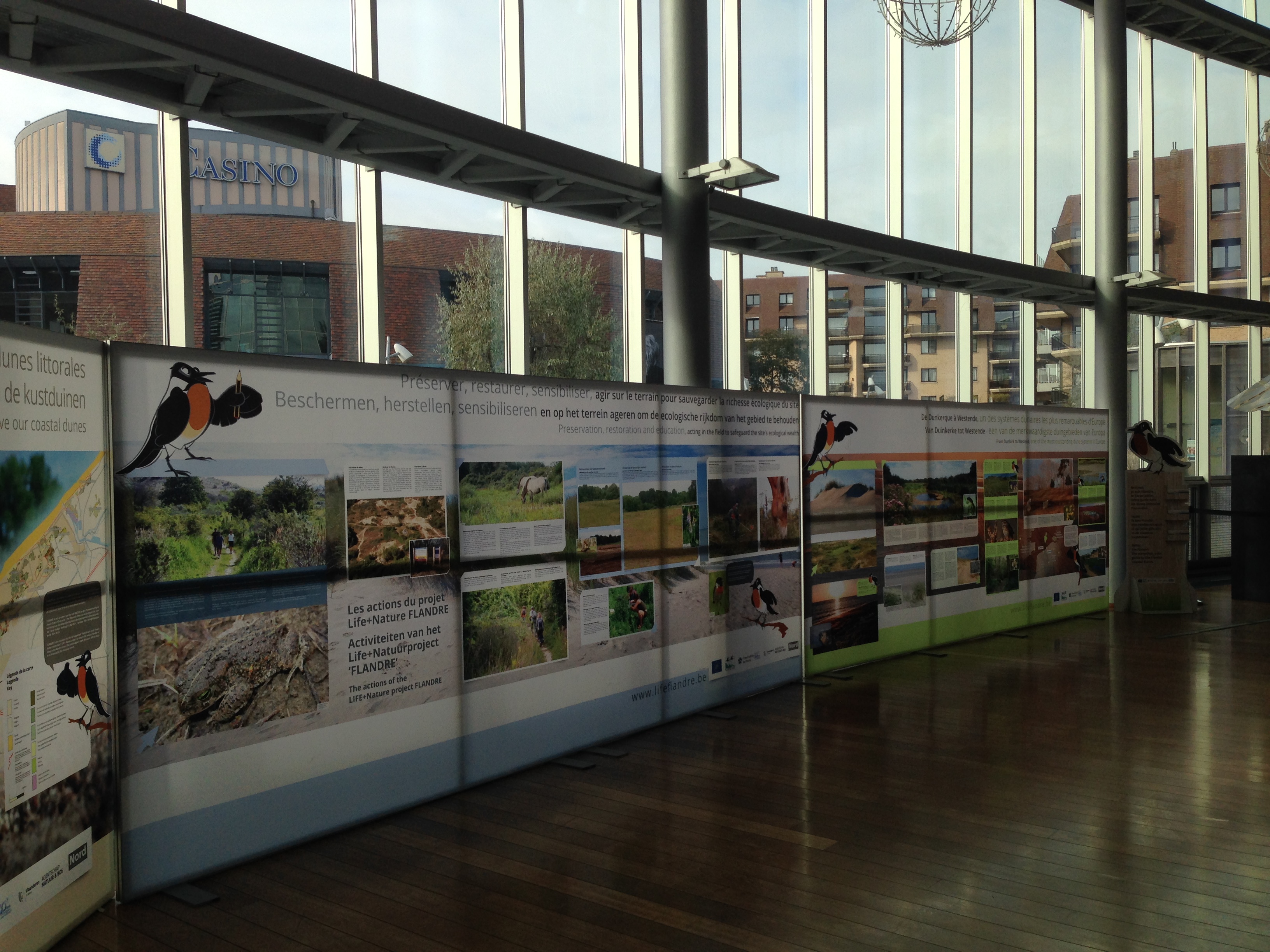
E.5. International two-day workshop about the management of coastal dune habitats, including published proceedings (networking with other LIFE and/or non-LIFE nature projects) became a great success with 143 participants from 13 European countries.
E.6. Pannels (notice boards) with information about the LIFE+ Nature project 'FLANDRE' on the yard of the action C.1. ‘Restoration of a humid dune slack and excavation of pools in the Oostvoorduinen at Koksijde’ (Belgium)
The notice board was placed on the yard along the Karthuizerstraat at Oostduinkerke already before the start of the works in September 2015.
As well as the notice board, also the visits guided by the LIFE+ FLANDRE project team to the Oostvoorduinen-Oost during the summers 2016, 2017, 2018 and 2019 contributed to the attention of the public for the executed nature restoration works. Some 20 to 30 intrested people took part in each of these guided. In the frame of the LIFE+ Nature project ‘FLANDRE’ this domain of ANB was expanded by the acquisition in 2015 of 15 hectares (action B.1) that were formerly privately owned and thorough nature restoration works took place during the autumn and winter 2015-2016 (action C.1).During these guided walks, attention was also paid to maintenance management (action C.7) by either mowing or grazing by cattle and the different effects these different forms of management have on vegetation and fauna.
E.7. Educational program of proximity with the local communities, especially the schools (France)
From 2015 to 2019, some 20 public walks were led by the guards of the Département du Nord during which participants were given explanations about the objectives, preparation, implementation and results of the nature restoration works carried out within the framework of LIFE+ FLANDRE in the "Dune Dewulf", "Dune Marchand" and "Dune du Perroquet".
Moreover, in the same period (2015-2019) more than 23 "nature work camps" were organized, in which a total of 440 people participated. Under the leadership of the guards of the Département du Nord, the participating volunteers and students mowed and pull out the shoots of regrowth of shrubs and invasive exotic plant species on the areas that had been cleared from scrub in the frame of action C.2.
E.8. Lekenrapport
F. Overall project operation and monitoring of the progress of the project
Visit of the European Commission
A deletation of the European Commission has visited with local press coverage on the 10th of August 2016 the restored humid dune slacks in the “Oostvoorduinen” at Oostduinkerke (Belgium, action C.1) and on the 11th of August the areas where scrub had been removed or has to be removed in the Dune du Perroquet (France, action C.2). The project started in 2013 and its implementation period being half-way, the representative of the European Commission, Simon Goss, and the monitor of the consultancy NEEMO, Jean-Paul Herremans, came to verify the state of progress of the project. At Bray-dunes they were received by the vice-president of the Environment of the Département du Nord, Paul Christophe.
Second visit of the European Commission
On the 22nd August 2017 the European Commission visited for the second time the LIFE+ Nature project FLANDRE. The representatives of the European Commission, Laszlo Becsy and Päivi Rauma, visited together with Ben Delbaere, of the external monitoring team NEEMO, that is supporting the European Commission, among other sites, the “Dune Dewulf” at Leffrinckoucke (France) where during the winter 2016-2017 11 hectare of scrub was removed and 5 pools dug out by the Département du Nord. In the newly dug out pools reproduction of Natterjack toad has already occured and on the areas cleared of scrub, plant species that are typical for the target habitats ‘humid dune slack’ (yellow-wort (Blackstonia perfoliata), marsh helle borine (Epipactis palustris) …) and ‘grey dunes’ (common milk-wort (Polygala vulgaris)) were already appearing.
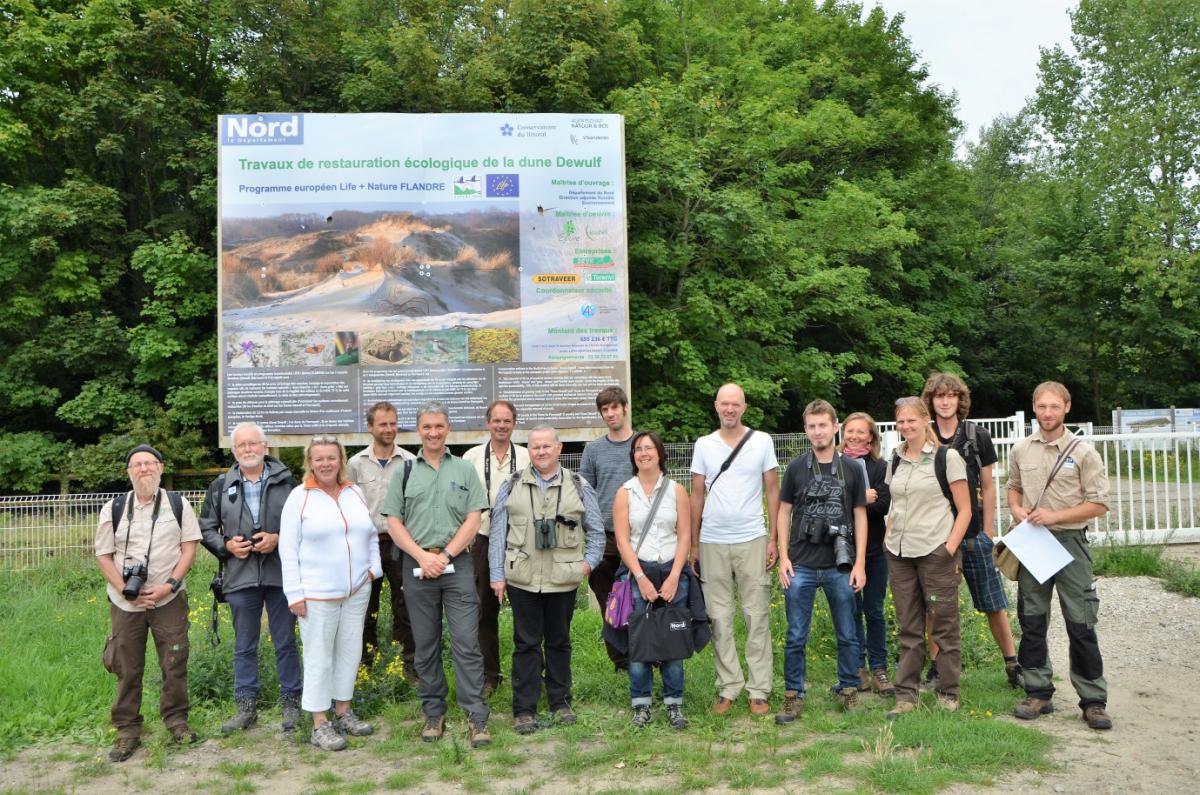
F. 1, 2 & 3. LIFE+ Nature 'FLANDRE' project team: ANB + Département du Nord + Conservatoire du Littoral
F.4. LIFE + Nature ' FLANDRE ' Advisory Committee (networking activity and participation of local authorities and NGO’s)
F.5. After-LIFE beheerplan
Outside LIFE
The Agency of Nature and Forests executed within the Belgian part of the project area of LIFE+ FLANDRE on a total superficies of 28,01 ha several actions that are not co-financed by LIFE but that are complementary to the project and add to its impact.
Contact
ir. Jean-Louis HERRIER
Project manager LIFE+ Nature FLANDRE
Flemish Government – Agency for Nature and Forests
LIFE+12 NAT/BE/000631 ‘Flemish And North French Dunes Restoration’
E-mail address: jeanlouis.herrier@vlaanderen.be
Agentschap voor Natuur en Bos West-Vlaanderen
Jacob van Maerlantgebouw
Koning Albert I-laan 1/2 bus 74
8200 BRUGGE (Sint-Michiels)
